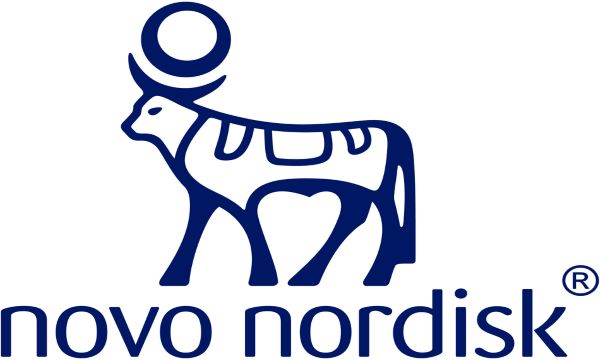Novo Nordisk’s GLP-1 Ozempic has reported a YoY increase in revenue from $2.1 billion to $3.2 billion

Novo Nordisk and Eli Lilly achieved the highest year-on-year (YoY) revenue growth when compared to the top 20 pharmaceutical firms by sales during the second quarter (Q2) of 2023. Unlike their competitors in the same period, the notable revenue surge was driven by their obesity and type 2 diabetes (T2D) medications. Both Lilly and Novo are projected to experience ongoing market capitalization growth, aligned with the expanding prospects of Lilly's Mounjaro and Novo's Wegovy and Ozempic, according to GlobalData, a leading data and analytics company.
Novo Nordisk’s glucagon-like peptide-1 agonist (GLP-1) Ozempic (semaglutide), which is prescribed for T2D and often prescribed off-label for obesity, has reported a YoY increase in revenue from $2.1 billion to $3.2 billion. This is highly significant as continued manufacturing challenges affected Wegovy production and limited supplies of the drug. Lilly, by comparison, has not had supply chain issues and its dual agonist GLP-1/GIP (gastric inhibitory polypeptide receptor), that was approved for the treatment of T2D during Q2 2022, provided the company with $980 million of sales in Q2 2023.
Akash Patel, Pharma Analyst at GlobalData, comments: “Novo Nordisk will face significant demand to resolve its Wegovy supply chain issues, with demand continually outstripping supply and with investor confidence in the drug further fueled by recent results demonstrating reduced risk of major cardiovascular events and stroke. This data on cardiovascular benefit is undoubtedly positive for the increased growth in Wegovy’s market share and improved outcomes for patients with obesity, who often have comorbidities such as T2D and heart disease.”
These weight loss therapies will be able to treat a wider complexity of cardiometabolic disorders and will be expected to continue their trajectories towards becoming blockbuster drugs with $10 billion in annual sales in the next decade.
Patel concludes: “As further approvals for other cardiometabolic disorders are achieved, it is likely that physicians will increasingly take up these therapies as patients develop the complex comorbidities that T2D and obesity tend to bring, enabling patients to have an efficacious therapy that treats multiple disorders simultaneously.”

Subscribe To Our Newsletter & Stay Updated